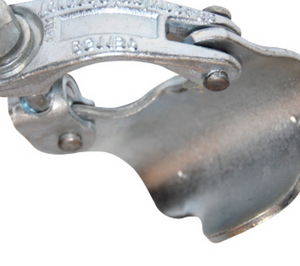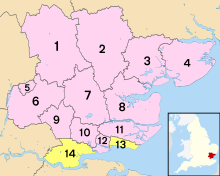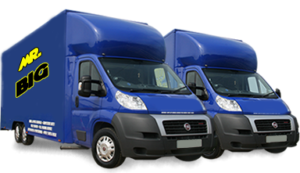Drain blockages can be an annoying problem for any homeowner. Thankfully, they don’t have to be a permanent issue. click here to learn how to quickly and effectively handle a blocked drain at home.
Identifying a Blocked Drain
The signs of a blocked drain can vary depending on individual circumstances but generally include water not flowing freely, gurgling sounds from the pipes or a foul smell coming up from the drain. If left unchecked, a blockage can cause problems with plumbing fixtures such as toilets, sinks and showers. To take preventative measures, it is important to routinely check your drains for any signs of blockage.

Determining the Cause of the Blockage
When it comes to trying to identify the cause of a blocked drain, it can sometimes be tricky. Hair is one of the most common causes of blocked drains as it can build up over time. Similarly, food waste, grease and soap scum can also be culprits when it comes to clogged pipes. It is also worthwhile to check if there are any foreign objects that may have somehow ended up down your drain.
DIY Methods for Unblocking Drains
Sometimes blockages can be fixed using simple DIY methods. Start by pouring some boiling hot water down the drain, as this can help dissolve some of the debris. If that doesn’t work, then you may need to use a plunger to try and loosen the obstructing material. For more persistent blockages, it might be worth investing in a biodegradable cleaning solution. Be sure to follow the manufacturer instructions carefully when using these products.
When to Call the Experts?
If after trying the above methods, your blocked drain still persists, then it may be best to call a professional plumber. Make sure to do research and find reputable services that come with good credentials. This way, you will have peace of mind knowing that the job is done correctly.
Keeping Drains Clog-free
Once the blockage has been cleared, there are several steps you can take to keep your drains running smoothly. As mentioned previously, it’s important to regularly check your drains for any signs of obstruction. Be sure to avoid putting solid items down your sink such as coffee grounds, oil and eggshells. Also, hair should be collected prior to entering the shower drain in order to reduce chances of clogging.
Final Thoughts
Dealing with a blocked drain can be frustrating, but with the right approach, it doesn’t have to be. Remember to check your drains for blockages regularly, never pour hot oil down the sink and don’t hesitate to call a professional plumber if the situation becomes out of hand. Hopefully, this article has given you some useful advice when it comes to blocked drains.
Blocked drains are a common problem that can cause a number of issues in a home or business. These drains are clogged with a variety of different materials, including build up from grease, soap, hair, and paper products. If the clogging isn’t addressed, it can cause serious water damage, overflows, mould growth, and can even lead to structural damage in the building. The best way to deal with blocked drains is to prevent the problem from occurring in the first place, which includes regularly cleaning out the drains with a natural cleaning solution and using strainers to catch larger materials. If the problem is more serious, it’s best to hire a professional plumber who can inspect the drain, clear the blockage and restore the drain to functioning condition.



